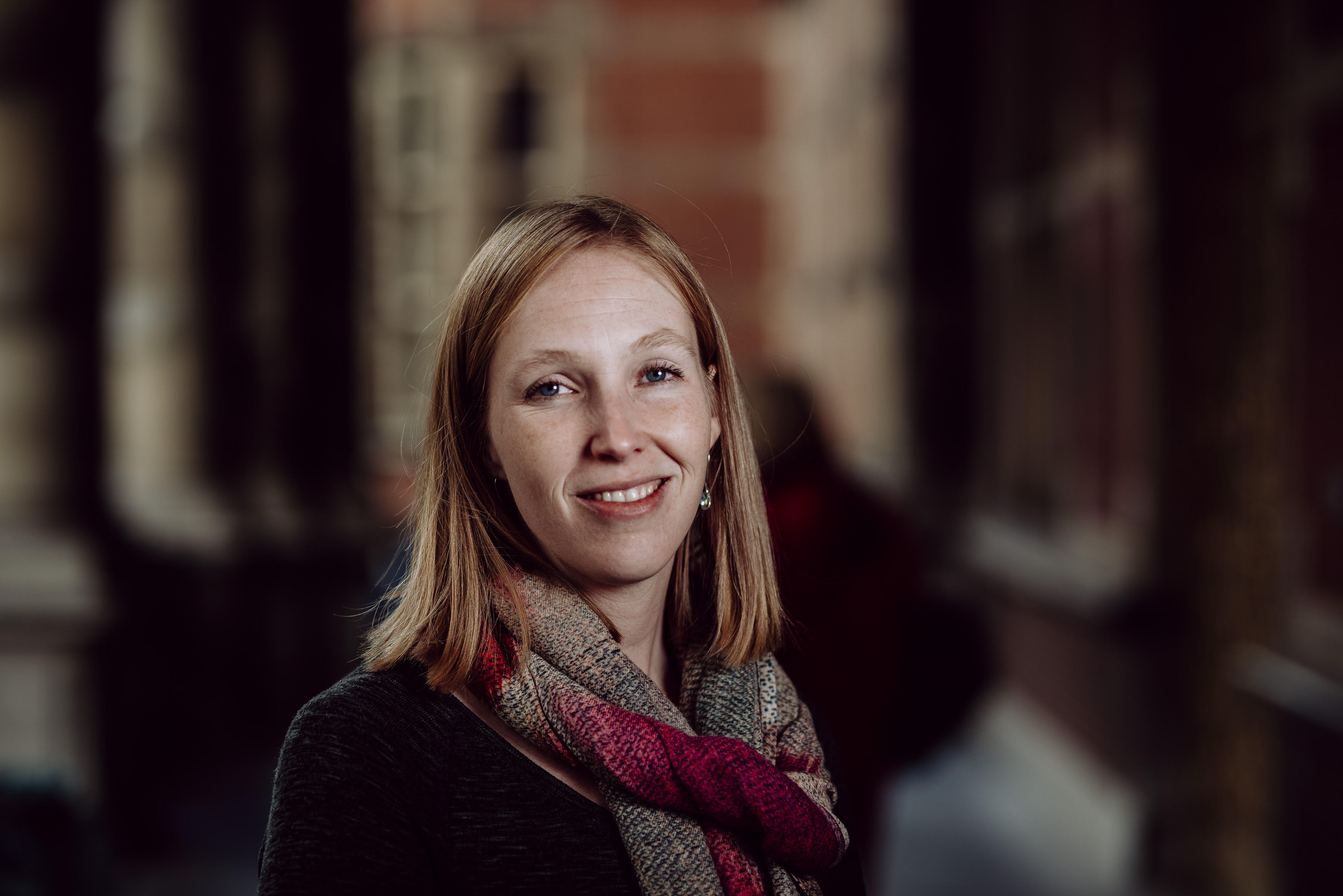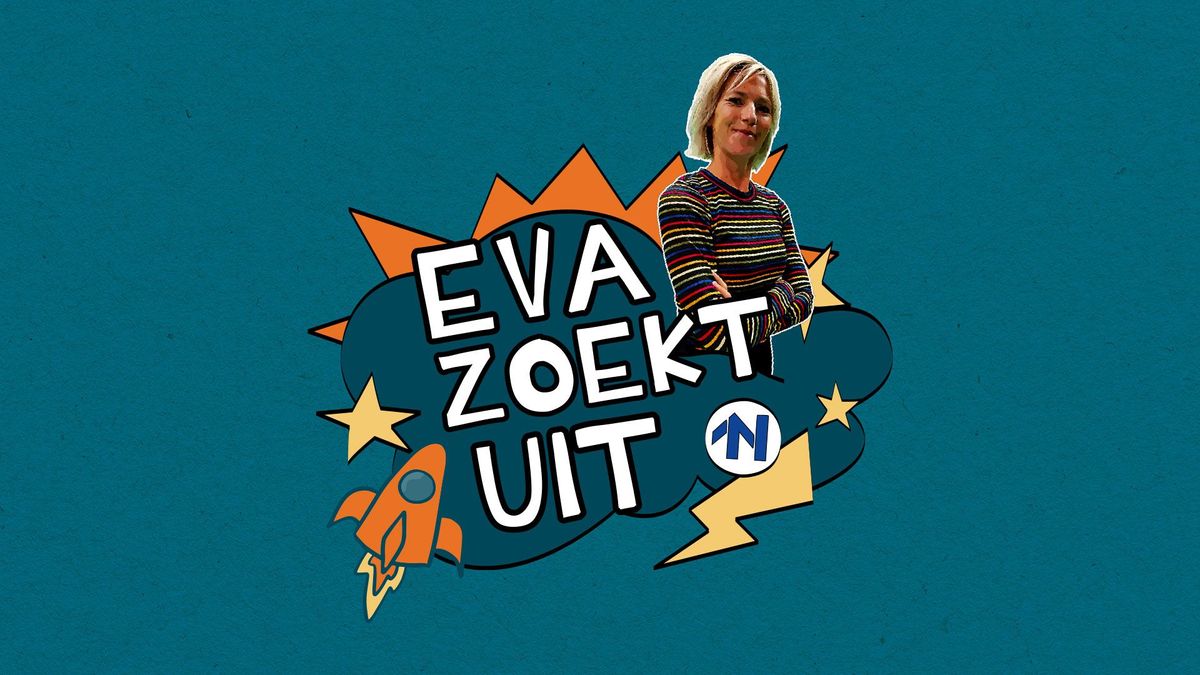Saskia Peels-Matthey appointed as a member of The Young Academy
Dr Saskia Peels-Matthey , Assistant Professor of Ancient Greek at the Faculty of Arts at the University of Groningen, has been appointed as a member of The Young Academy. This is a platform within the Royal Netherlands Academy of Arts and Sciences (KNAW) that brings together young top scientists with an innovative vision on science and science policy.

Saskia Peels-Matthey conducts research on religion in ancient Greece. She is particularly interested in what 'believing in gods' meant for the Greeks, the influence their beliefs had on how they shaped their actions and worldview, and how this changed over time.
She is currently working on an NWO Veni project on polytheism (belief in multiple gods) in ancient Greece. Together with colleagues Peels-Matthey analyzes what ‘sacrality’ meant for the ancient Greeks and is also involved in creating an online database on Greek religious practices throughout history. Additionally, she co-authors a monograph on rituals in which people imagined direct interaction with and proximity to the gods, exploring the religious imagination associated with these rituals. Peels-Matthey incorporates insights from other disciplines such as cognitive linguistics, psychology, and artificial intelligence to address her research questions. She collaborates with colleagues from the departments of computational linguistics and psychology in supervising two interdisciplinary PhD students.
About Saskia Peels-Matthey
Classical scholar Peels-Matthey (1982) was educated at Leiden University and Utrecht University, where she obtained three master's degrees: in English, Classical Languages, and Linguistics. She completed her Ph.D. in 2014 on research into ancient Greek ideas about piety.
After her doctoral research, she conducted research as a Spinoza Fellow at Leiden University and held a research fellowship with Vinciane Pirenne-Delforge at the University of Liège between 2014 and 2016. She briefly transitioned to policy research after her fellowship but returned to academia in 2017 when she was appointed as an associate professor of Ancient Greek at the University of Groningen. Currently she is Tenure Track Fellow and Board Member of the national research programme Anchoring Innovation.
Young Academy Groningen
In 2018, Peels-Metthey was appointed as a member of the Young Academy Groningen (YAG), which brings together talented young researchers from various disciplines at the University of Groningen and UMCG. YAG members share a passion for science and study and its broader influences on academia and society.
Within the YAG, she particularly focused on valorization. She co-authored the popular science book "Achterhaalde waarheid?" about the sense and nonsense of proverbs. With her YAG cohort, she initiated an annual public activity at the Groningen festival Noorderzon (Northern Lights: the University of Noorderzon), allowing adults and children to explore science. Peels-Matthey also regularly participated in media productions, such as the 2023 RTV Noord children's program "Eva zoekt uit," where she answered a question asked by a child on Dutch pronunciation.

About The Young Academy
Every year, The Young Academy selects ten new members from researchers in various disciplines and universities who have obtained their Ph.D. less than 10 years ago. Membership lasts for five years. The official induction of new members will take place on 26 March 2024.
More news
-
14 February 2026
Tumor gone, but where are the words?
-
19 January 2026
Digitization can leave disadvantaged citizens in the lurch
